There are subtle ways to tell if someone has served in the military, even without asking. From the way they hold themselves to the way they react in emergency situations, their training and experience shine through in many different aspects of their behavior.
Military Bearing
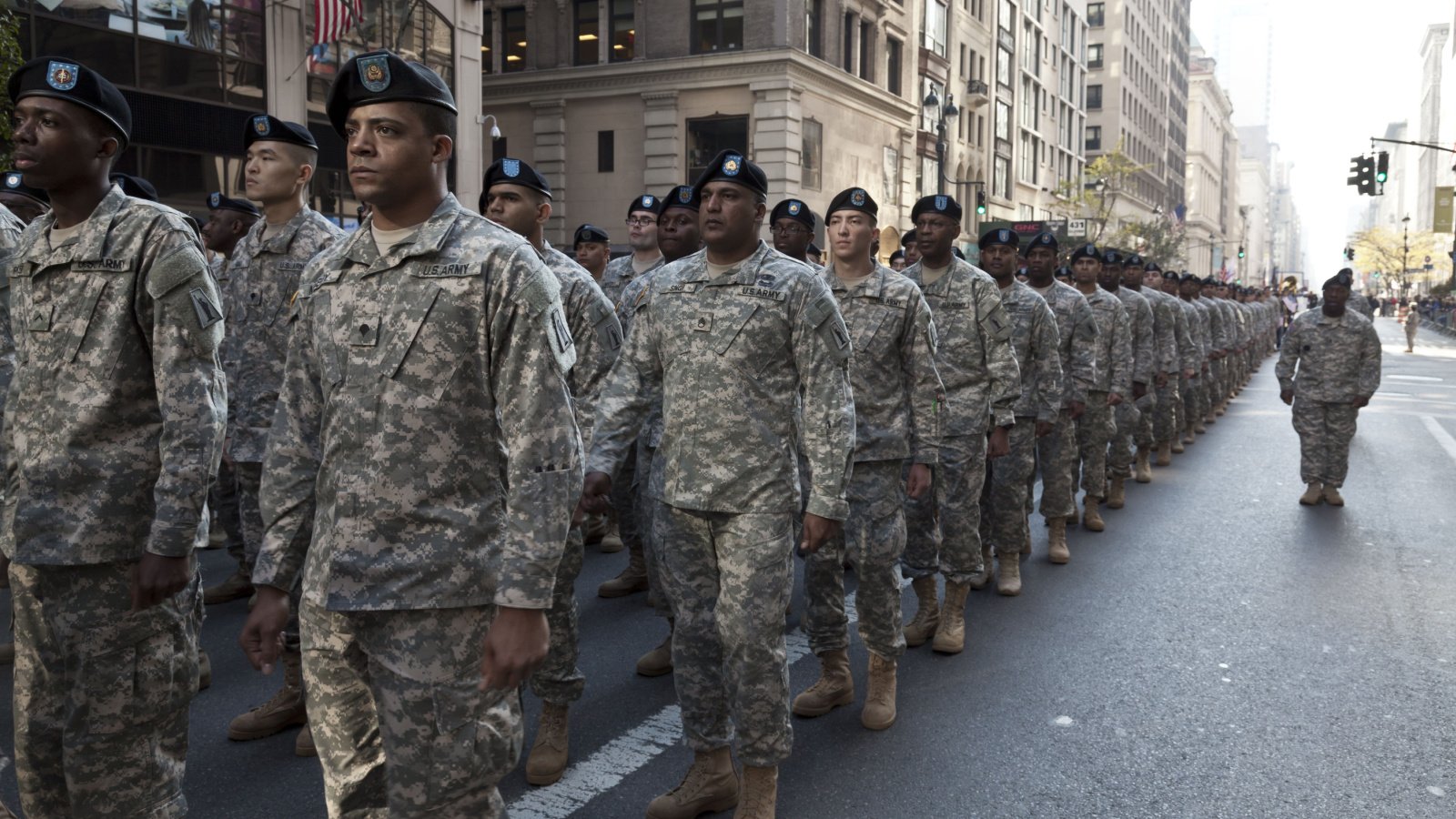
Individuals who have served often carry a distinct posture and bearing; they stand straight, maintain eye contact, and move with purpose. This demeanor is a result of the rigorous physical and disciplinary training they undergo in the military. Their respectful address and punctuality further betray a military background.
Telling Time

If someone habitually refers to the time in a 24-hour format, it may indicate military service. This system, often referred to as “military time,” is used to avoid confusion between AM and PM hours in operations. Listening to them schedule events or appointments can give subtle clues to their past.
Jargon
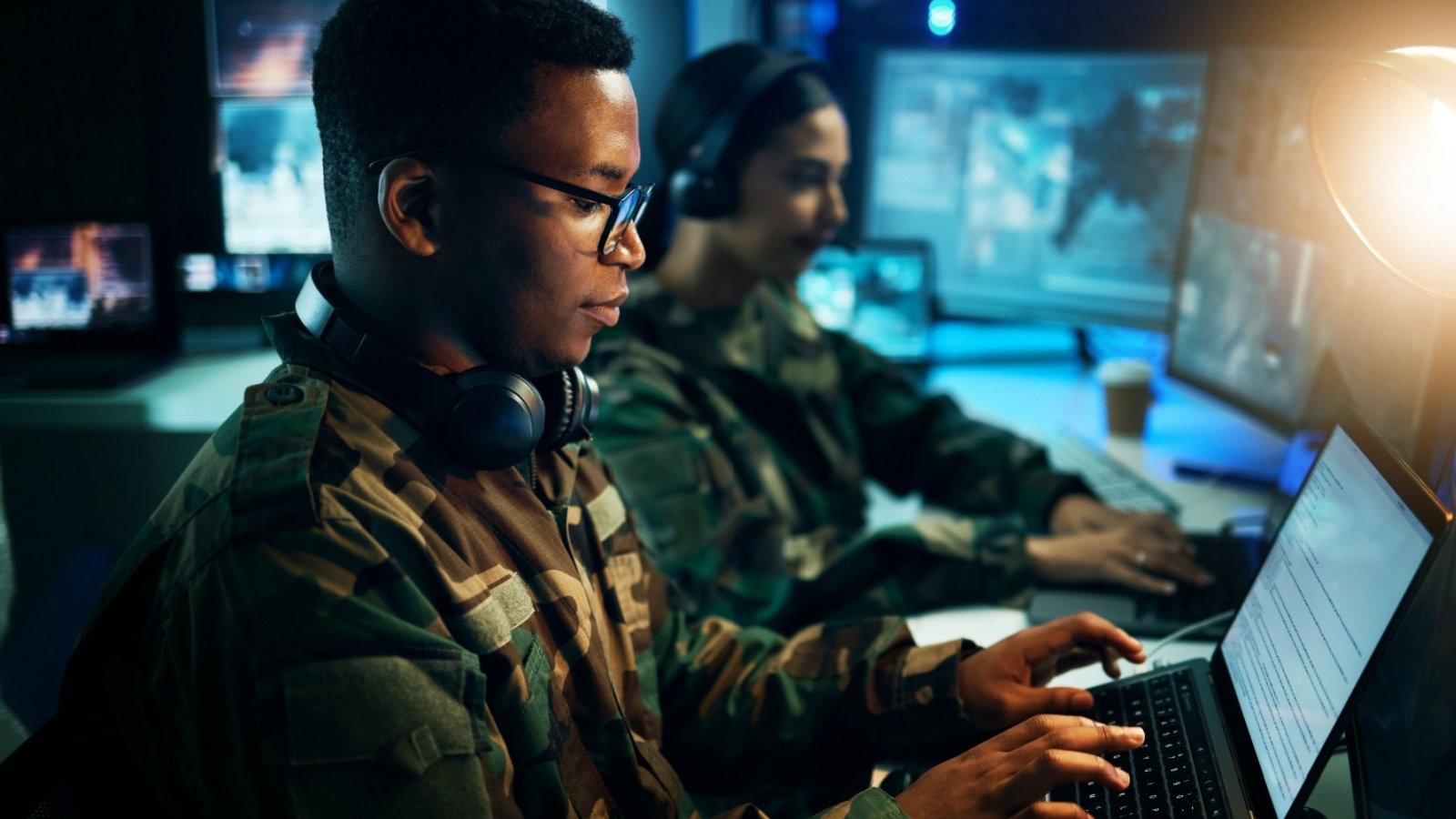
Veterans often use acronyms and specific military slang in everyday conversation, even after their service has ended. Terms like FUBAR, SNAFU, or OSCAR MIKE can slip into their speech. Such language is a strong indicator of a military background.
Respect for the Flag
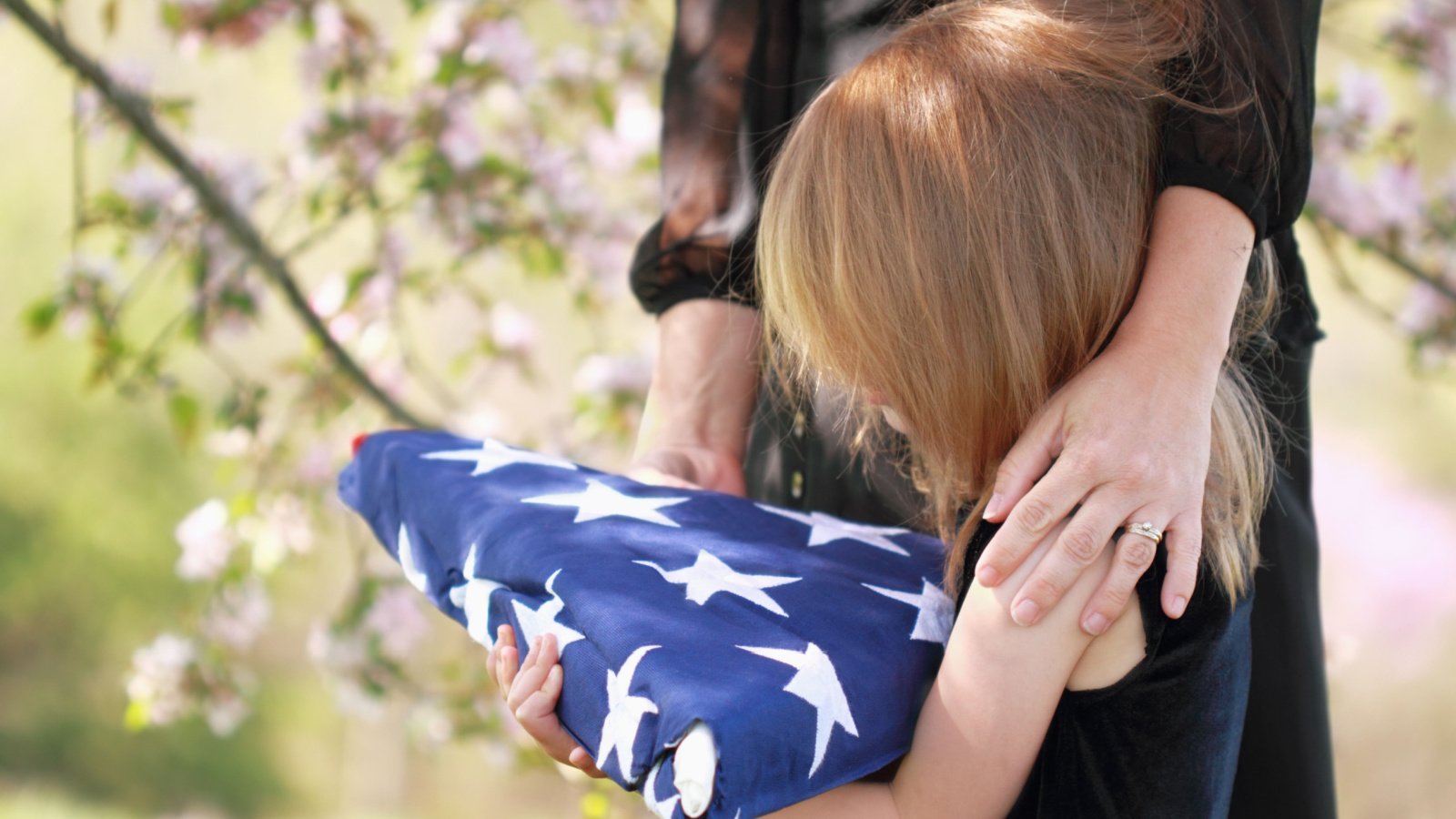
Former military personnel will almost always show a profound respect for the national flag. They understand flag etiquette thoroughly, ensuring it is never touching the ground, displayed prominently, and cared for with respect. Observing their behavior during a flag-raising ceremony can be particularly telling.
Presence
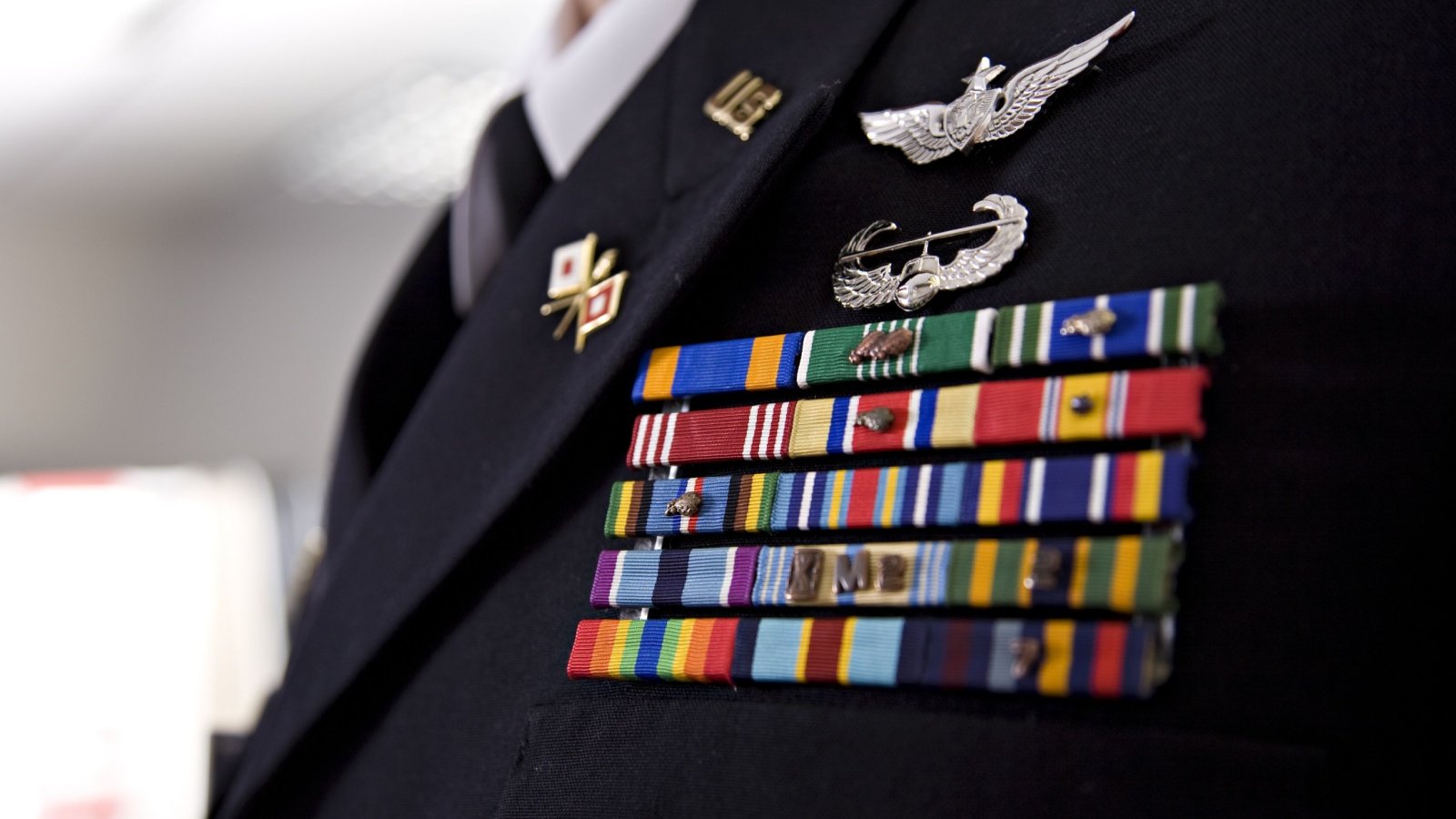
Veterans often have a commanding presence developed through leadership roles and responsibilities during their service. Their ability to take charge in situations, offer clear directions, and manage stress effectively are hallmarks of military training. Observing them in leadership or crisis situations may reveal these traits.
Gear and Clothing

Many veterans tend to keep and use their tactical gear and clothing, such as boots, backpacks, or even hats. These items are durable and designed for efficiency, qualities that appeal to their practical nature. Spotting someone with a well-worn pair of combat boots might be a clue.
Holidays
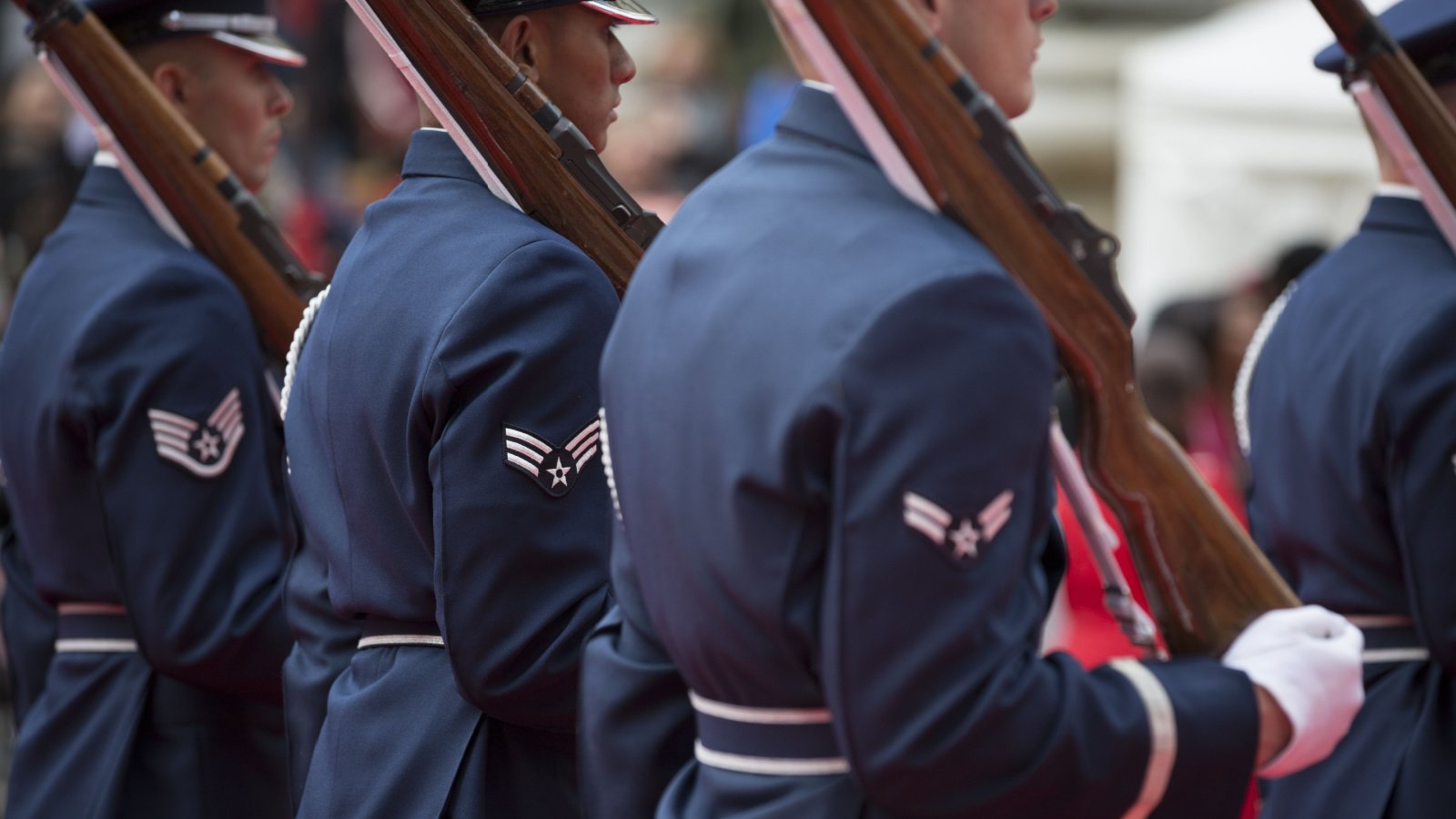
Those who have served in the military often participate actively in Memorial Day and Veterans Day. They may attend ceremonies, wear their uniforms if allowed, or visit memorials. Their engagement these days, which is dedicated to honoring service members, is a poignant hint of their past.
Memberships
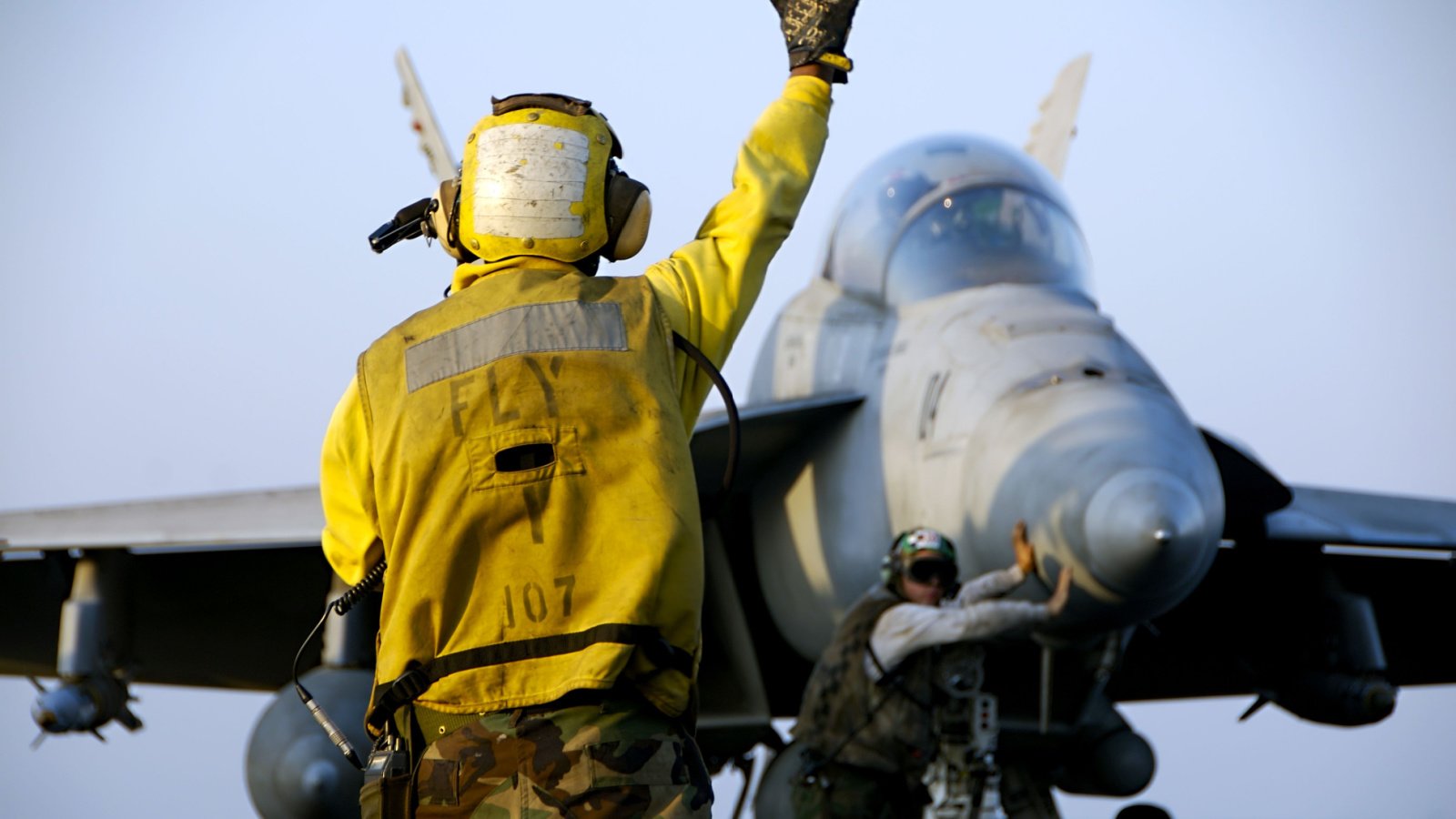
Membership in veteran organizations such as the VFW (Veterans of Foreign Wars) or the American Legion is common among those who have served. Participation in these groups not only signifies service but also a continued commitment to the values they fought for. Membership cards or attending meetings are indicative of their service.
Travel
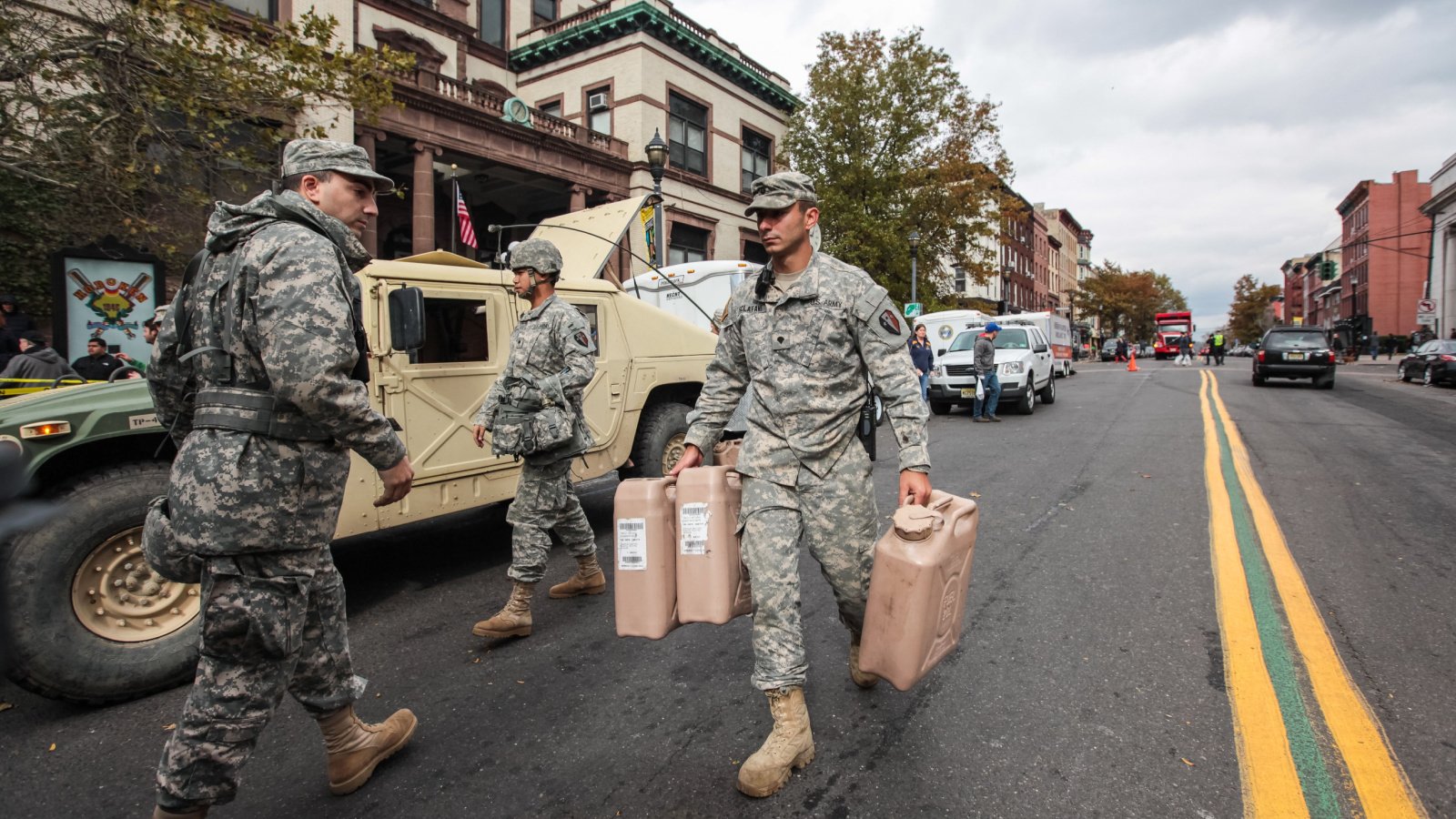
Many veterans have stories of their times stationed overseas or in various parts of the country. Their experiences can range from cultural explorations to challenging deployments. Conversations revealing extensive travel to uncommon destinations might hint at military service.
Firearms
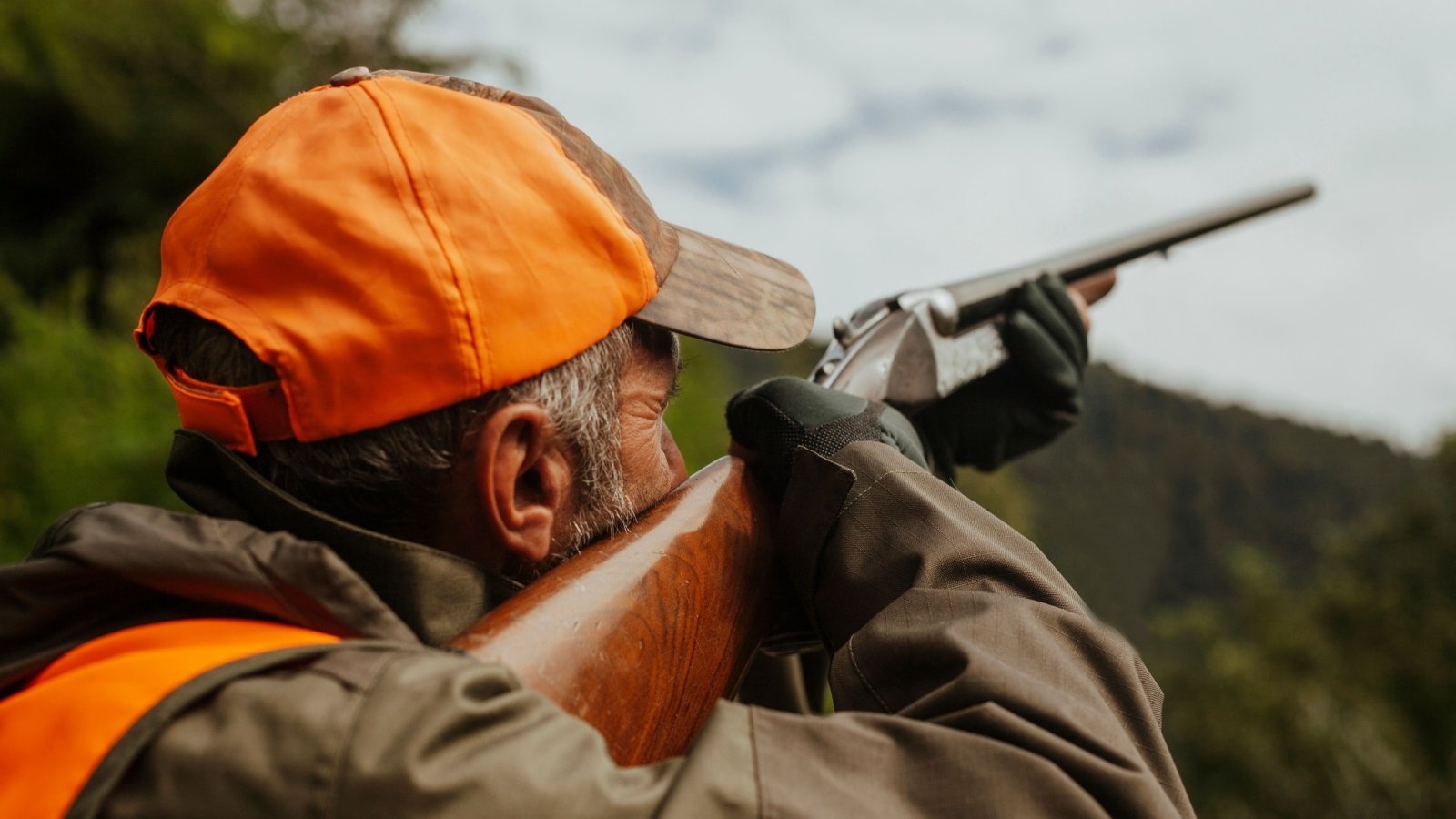
Familiarity and proficiency with firearms can be a residual aspect of military training. Veterans often continue to engage in shooting sports or maintain firearms as a hobby. Their comfort and respect for gun safety protocols often reflect their training and experience.
Tattoos

Tattoos that commemorate military service, including unit insignias, combat awards, or military symbols, are common among veterans. These permanent markers serve as a proud declaration of their service and sacrifices. Spotting such tattoos can be a direct sign of their military background.
License Plates

Many states offer special license plates to identify and honor military veterans. These plates often display specific military honors, branch emblems, or veteran status. A vehicle bearing such a plate almost certainly belongs to someone who has served.
ID Cards

Veterans often carry identification cards issued by the Department of Veterans Affairs to access military benefits. If someone uses a VA ID for discounts or services, it’s a clear indicator of their veteran status. These cards are exclusive to those who have served in the military.
Discounts

Many businesses offer discounts to military personnel and veterans. If you notice someone frequently asking for military discounts, it’s likely they have served. This is a simple yet practical way for veterans to maintain a connection to their service.
Friends

Veterans often maintain close relationships with those they served with, considering them as family. Mention of attending reunions or staying in touch with squad members can indicate their military background. These friendships are lifelong and forged through shared experiences.
Structure

Former military personnel often adhere to a structured daily routine, a habit from years of following strict schedules. They may wake early, perform regular physical exercises, and plan their day meticulously.
Survival Skills

Skills like starting a fire, finding potable water, or navigating without a compass are often second nature to those trained in the military. If someone demonstrates an unusual level of survival skill, it might be due to military training. These skills are especially evident during outdoor activities.
History

A keen interest in military history and strategy can be a residual effect of their training and experiences. Veterans often continue to read extensively about military tactics, battles, and leadership. Their library or choice of documentaries might reflect this interest.
Fitness

Many veterans maintain a high level of physical fitness long after their service ends. Regular visits to the gym or participation in fitness challenges can be a continuation of the physical standards they were once required to meet. Their dedication to staying fit is often motivated by their past.
Special Skills

Veterans often list special skills on their résumés that are unique to military training, such as security clearance levels, specialized machinery operation, or leadership training. These entries can be telltale signs of their service. Reviewing a veteran’s résumé can reveal more than just job skills—it shows a history of commitment and discipline.
Stories of Comradeship
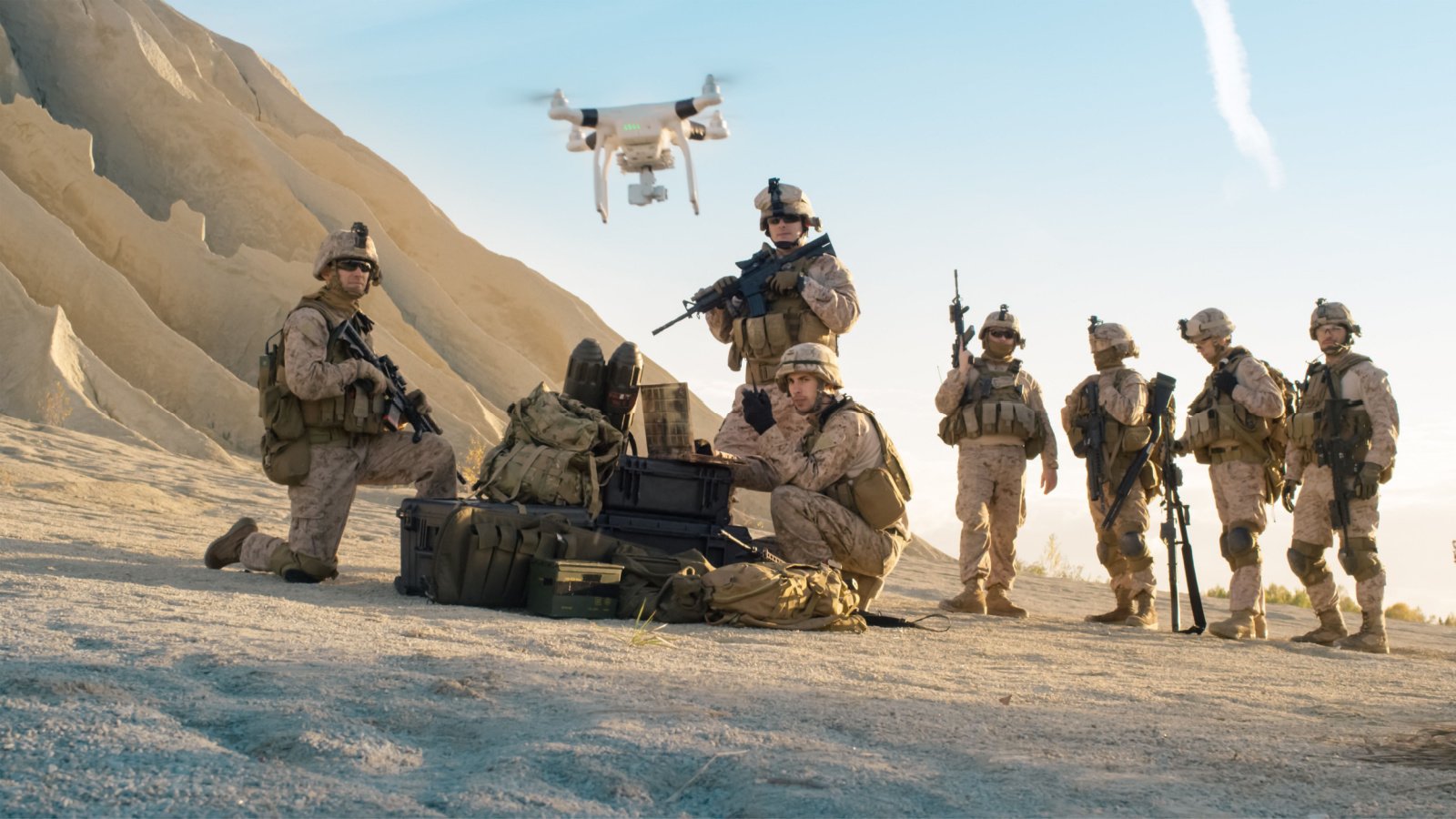
The bonds formed in the military are unique, and veterans often speak of their comrades with great respect and fondness. If someone speaks frequently about their “brothers” or “sisters” from their service days, it’s a strong indicator of their military background. These stories often include anecdotes of loyalty and support that go beyond typical workplace friendships.



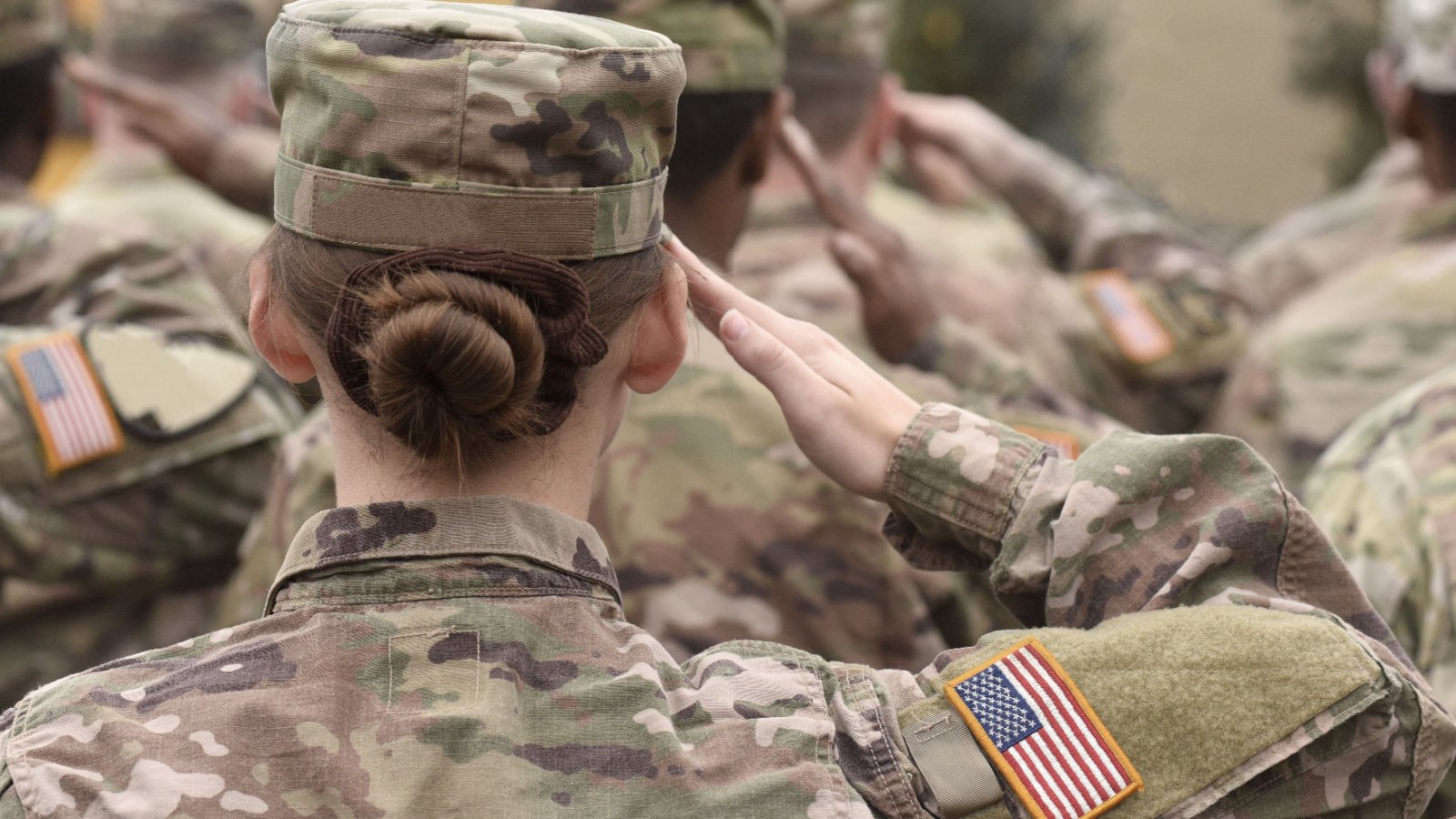




You have regular blood checks throughout your treatment so your doctor
can examine this. Inform your doctor or nurse if you have headaches, nosebleeds, blurred or double vision or shortness of breath.
If you have diabetes already, you may have to examine
your blood sugar levels extra typically than traditional.
It’s difficult to see how regulating using steroids
in sport is workable. It in all probability goes with out
saying that I couldn’t disagree with Musburger extra.
Doping, least of all within the form of anabolic steroids,
has no place in sports activities – novice or skilled. I assume all anti-doping arguments
come down to two primary principles, only certainly one of
which Musburger addresses in his blanket approval of steroid use in skilled athletes.
An anabolic steroid cycles refers to the time-frame anabolic steroids are getting used.
In truth, anti-doping was one of many reasons I came to law school, and more specifically to Marquette.
Suffice it to say that I take a agency stance towards doping in all sports activities in all
forms. A pro’s menu of medication is astronomical, even when discounts are afforded.
That’s why a great many pros attempt to get no much less than a $2K to $4K/ month contract with a supplement or
equipment company. This is type of a “must” for any man who needs
to make the grade from the start.
As the discourse round steroid use evolves, so too must the
legal frameworks that govern it, making certain a good and secure sporting setting.
In the domain of sports activities, using steroids raises considerable ethical issues that
extend past the person athlete. Primarily, the integrity of sports known as into
question when athletes resort to performance-enhancing substances.
This practice can undermine the ethos of fair play, the place success is ideally earned via onerous work, coaching, and pure talent.
Steroids taken in capsule type or via IV go into
your bloodstream and travel all through your physique. Generally, that’s needed, such as
when treating flare-ups of autoimmune illnesses that have an result on several elements of your body — similar
to a quantity of sclerosis.
This combination of testosterone and Deca Durabolin is the least toxic bulking stack in our experience.
Intermediate users will generally administer this stack once their
physique comfortably tolerates testosterone-only cycles.
Anadrol’s benefits largely mimic Dianabol’s, producing
important will increase in muscle hypertrophy and power.
Anadrol is probably certainly one of the most potent bulking steroids,
generating slightly extra weight accumulation than Dianabol.
We commonly observe cautiously dosed testosterone cycles adding 20 kilos of lean mass
to newcomers. The androgenic essence of testosterone may also end in adipose tissue loss.
Often brought on by accidents due to overuse or strain, it commonly affects
shoulders, elbows, and knees. Your doctor provides you with a online steroid sources injection directly into the affected tendon to rapidly cut back ache and swelling.
This is as a outcome of many steroids are produced in unlawful labs
that don’t observe the same procedures as commercial labs.
Regardless Of their potential advantages, AAS have several potential unwanted effects,
whose severity varies depending on the extent to which you
use these substances.
Addressing whether or not it’s possible to achieve bodybuilding without social media right now, Steve Kuclo admits that the landscape has fundamentally modified.
In the past, profitable sponsorships from major brands have been the primary revenue
supply for athletes. Steve Kuclo stresses that whereas social
media can amplify opportunities, it also comes with duties.
The vast attain of influencers means that dangerous advice can spread
rapidly, probably harming younger and impressionable fans.
AAS use comes with a quantity of risks, making them probably
dangerous for most individuals. Whereas sure methods can reduce a few of these dangers, they
cannot be fully prevented. In the world of sports activities, athletes are constantly in search of ways to get an edge over the competitors.
They affect varied components of your physique, corresponding to your muscles,
hair follicles, bones, liver, kidneys, and reproductive and nervous methods.
Anabolic steroids (artificial androgens) work by activating androgen receptors in your
physique and mimicking the results of pure androgens. Testosterone has mild to reasonable opposed results on ldl cholesterol and poses
little to no liver toxicity. Anecdotally, we do not discover Deca Durabolin to be among
the many strongest steroids on this record; nonetheless, its effects on mass are to not be underestimated (especially when stacked with other bulking AAS).
The Mitchell Report, launched in 2007, exposed the widespread
nature of steroid use in MLB and ushered in a new period of drug testing and stricter penalties for offenders.
As the sequence continues, followers can look ahead to
extra candid discussions with Steve Kuclo, who combines his wealth of experience with a forward-thinking
outlook. This episode underscores the importance of adaptability, integrity, and self-awareness in carving out an enduring legacy in bodybuilding.
Whether you’re a seasoned fan or a newcomer to the game, Kuclo’s reflections provide
valuable lessons for anyone striving to reach
this ever-changing panorama. Kuclo underscores the excellence between looking good on social media and excelling on a aggressive bodybuilding stage.
Adolescents and young adults should be taught in regards to the dangers of taking anabolic steroids starting in center faculty.
Additionally, applications that teach various, wholesome methods to
extend muscle measurement and enhance performance could additionally be helpful.
Such programs emphasize good vitamin and weight coaching methods.
Sufferers on testosterone ought to be monitored for his or her response to therapy and opposed effects three to
6 months after initiation of therapy after which yearly, especially for cardiac adverse
events. Ladies handled with testosterone for breast most cancers require monitoring for signs of virilization. Numerous alternatives to anabolic steroids
exist, providing athletes with efficient means to improve performance whereas
minimizing health risks and legal repercussions.
70918248
References:
Steroid Like supplements gnc (blog.avisandover.org)
70918248
References:
steroids companies – Teodoro –